Video Transcript
Azerbaijan’s carpets are the spirit of Azerbaijan. This is how I see and understand it. I’ve devoted many years to this. This I know -- carpet weaving has to live on. There is no other way. If we do not keep it alive, it means we do not keep ourselves alive. The weight that we are carrying is heavy because we have hundreds and thousands of designs which we have lost. We are recovering ancient carpets. This is important. I chose this place and there were many reasons to choose it. I conducted an experiment here a few years ago. The roots of this village go all the way back in history to ancient Caucasian Albania. This place is very special for its ancient and diverse carpet compositions. The population of the village is high. The majority of the population is unemployed, however, their capacity to learn is very high – that’s what I observed. Even though there is not even one weaver left in the village, here you can find people with tremendous capacity to grasp even the most difficult compositions. You can see that the people here are making a “mother with child” buta [paisley] carpet. They can complete this carpet in a very short period of time. Even a weaver with 20 years of experience can’t do that. With our methods, we have been able to teach carpet weaving to people who have a high capacity to learn it, in a very short amount of time. Many people have been employed by this project. We are doing our best to recruit young girls and even students, whose parents are bringing them here to learn weaving after school. It is like we are planting seeds in the ground. Twenty-five women have been trained for five months by five specialists. Now there are 11 of them here. There are also two in Alpan, two in Garay who are on maternal leave currently, one working in Hujbala village, and another five working at home. We are in the process of creating a team with a completely different outlook. We have achieved a lot in very short period of time. Everything here is about these women from different communities. By bringing them together, they understand the meaning of unity. They understand the meaning of the work done hand-in-hand. In the future, this place will bring profit. I believe it will become a popular, well-known place. I am convinced this center will be a place that the U.S. Embassy will be proud of.

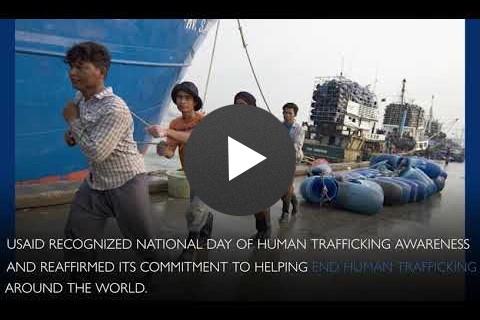
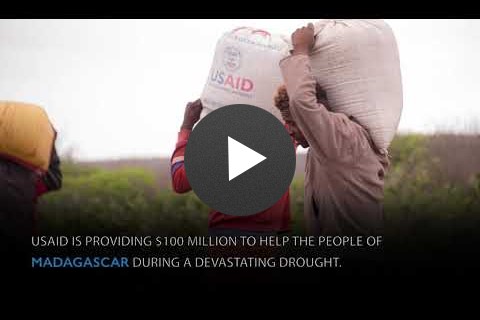
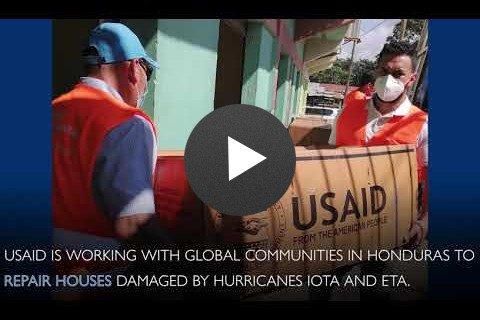
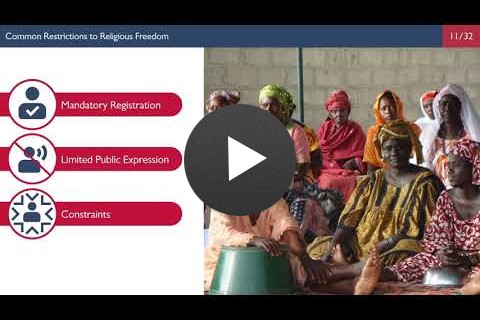
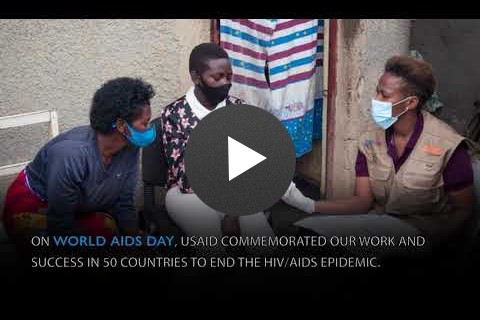
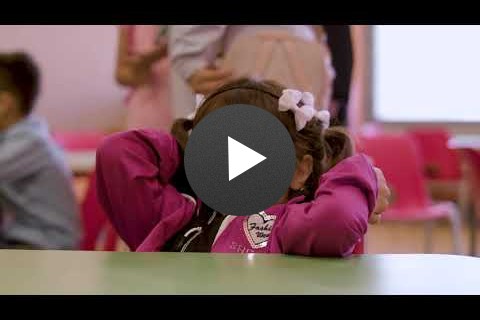
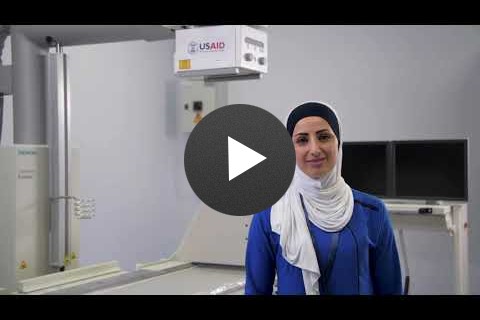
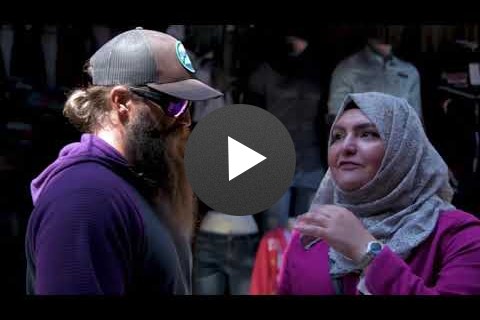
Comment
Make a general inquiry or suggest an improvement.